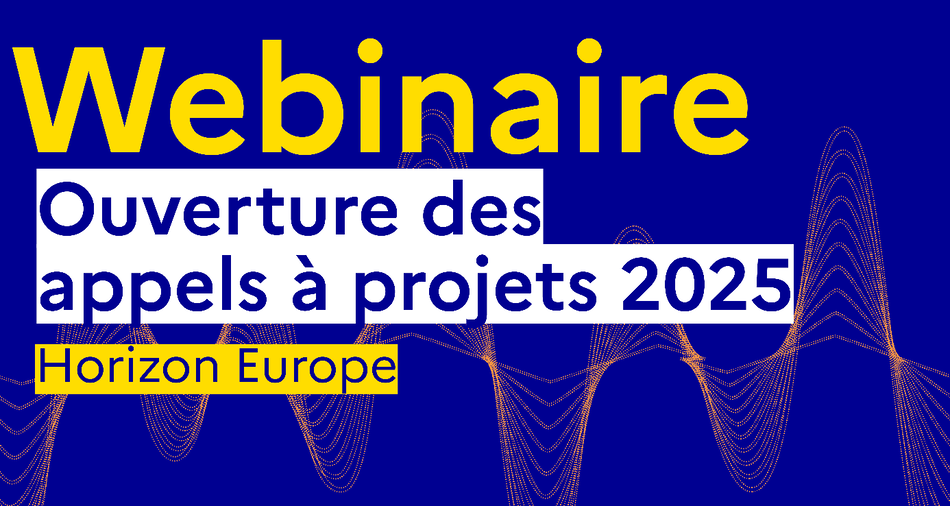Expected Impact:
Expected Impacts
Activities funded under the 2024 work programme of the Global Health EDCTP3 JU calls for proposals should contribute to:
- Achieve SDG3 ‘Ensure healthy lives and promote well-being for all at all ages’ in sub-Saharan African (SSA) countries;
- Enable the implementation of the short- and medium-term actions foreseen by the AU EU Innovation Agenda (adopted in July 2023) in the area of public health and the EU Global Health Strategy (November 2022);
- Improve equitable access to a full range of essential health services from health promotion to disease prevention and affordable quality treatment, rehabilitation and palliative care to fight communicable diseases;
- Expand partnerships based on equal footing, co-ownership, mutual interest and strategic priorities;
- Enhance sustainable global scientific collaboration in health research and international cooperation across sub-Saharan Africa.
- Improve opportunities for training of researchers and healthcare professionals in sub-Saharan Africa.
Expected Outcome:
Project results are expected to contribute to the following outcomes:
- Foster the culture of pharmaceutical innovation and entrepreneurship in sub-Saharan Africa;
- Increase the number of skilled clinical researchers and innovators in sub-Saharan Africa;
- Promote the career development and retention of skilled personnel in sub-Saharan Africa;
- Strengthen sub-Saharan African countries clinical human capital base in Research and Innovation (R&I);
- Enhance talent retention, knowledge circulation and uptake across the research and innovation landscape in sub-Saharan Africa;
- Establish sustainable and mutually beneficial collaboration between clinical research organisations, academia, and Industry Partners across sub-Saharan Africa and Europe.
Scope:
Background:
Sub-Saharan Africa (SSA) has a disproportionally low number of skilled researchers and innovators working on interventions against infectious diseases that are highly prevalent in SSA. To establish a sustainable and robust ecosystem of clinical research and innovators in sub-Saharan Africa synergy between funders, academia, and industry is planned to advance relevant skills. This Global Health EDCTP3 training fellowship programme will target early and mid-career African global health scientists seeking international academic credentials and other professional enrichment.
By providing this funding for return-home R&D studies, after a period training enriched with industry mentorship, the fellowship programme will enable the alumnae fellows to position themselves as pivotal leaders in improving global health and R&D equity.
Where relevant, it will be important for proposals to consider and support the existing and emerging partnerships between the EU/Team Europe and the AU and their key agencies, notably the Team Europe Initiatives on MAV+, One Health, Public Health Institutes, and the collaboration with the Africa CDC and the AMA. Moreover, collaborations with the African Regional Intellectual Property Organization (ARIPO) and the African Intellectual Property Organisation (AIPO) should also be fostered as well as strengthened promoting the development and assessment of innovative tools.
It will also be important that the projects arising from this call will contribute to the implementation of the short-term and medium-term actions of the AU-EU Innovation Agenda around Public Health.
Scope:
Proposals submitted to this topic should implement a master’s level training programme in a discipline relevant for the Global Health EDCTP3 JU, providing transferable R&D skills, fostering innovation and entrepreneurship, incl. commercialisation of results, Intellectual Property Rights, communication, public engagement, and citizen science. The training provided by the academic institutions is expected to be complemented by training modules provided by pharmaceutical companies. It is expected that pharmaceutical companies will join the consortium as beneficiaries and/or associated partners at a later stage. The companies are expected to bring cash or in-kind contributions to the training programme for the fellows
The training will address the research and development value chain from pre-clinical to clinical research including pharmaceuticals and vaccines.
Proposals must demonstrate all of the following:
- A high-quality training programme related to R&D on diseases in the scope of the Global Health EDCTP3 JU at master level in global health/clinical research;
- An open, fair and transparent procedure for selecting the fellows coming from different geographical regions of SSA, based on quality and with appropriate gender balance;
- Design of a programme where training for each fellow includes a first phase (or outgoing phase) of minimum 12 and maximum 24 months enrolment into an academic organization, and a second phase (or return phase) of at least 12 months in the country of origin of the fellow;
- A robust training and mentorship mechanisms to support the fellows through their first training phase and second home return phase;
- Linkages with other Global Health EDCTP3 JU actions should be foreseen as relevant (e.g. Global Health EDCTP3 Training Networks or Global Health EDCTP3 Genomic Epidemiology Networks).
Proposals should be made by institutions with a proven track record in the provision of high-quality research training and established regional and global collaborations. These may include research organisations, institutions of higher learning such as universities.
The proposals must explain how many fellows they plan to recruit, what the cost of the training in the first phase will be and how much funding will be provided to the fellows for the return phase.
Based on the described skills and curricula offered by the successful consortium, future fellows will apply to the available training opportunities in line with their own professional development plans.
Proposals should also clearly outline how future fellows will be mentored in the development and implementation of the second phase (return phase) at the home institution in SSA.
In-kind and financial contributions from private (profit and non-profit) entities, clinical research organisations and others interested in this scheme are encouraged. Financial contributions can be made with or without direct participation in the project implementation.
Especially, consortium members established in countries that are not eligible for the Global Health EDCTP3 JU funding, will have to cover the costs related to their tasks within the project without JU funding.
Financial contributions from third parties (e.g., foundations) interested in this scheme are encouraged to contribute to increase the budget, diversity, and impact.





